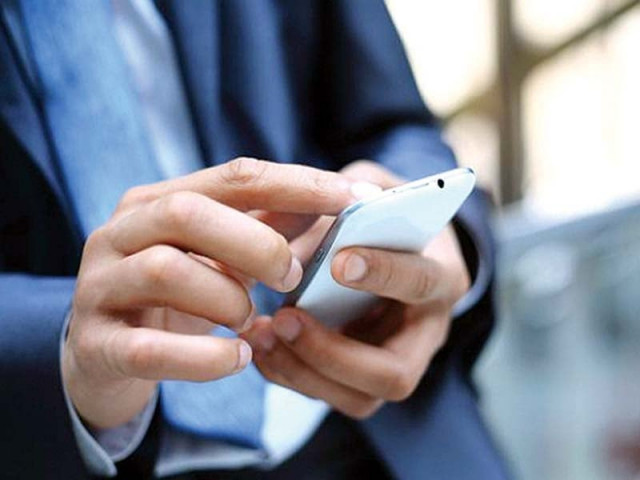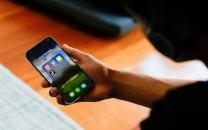Did you know? Smartphones can make you hyperactive
Research associates pervasive use of communication device with ADHD

Study revealed people experienced significantly higher levels of inattention and hyperactivity when phone alerts were switched on. PHOTO: FILE
Recent polls have shown that as many as 95% of smartphone users have used their phones during social gatherings, seven in 10 people used their phones while working, and one in 10 admitted to checking their phones during other activities. Smartphone owners spend nearly two hours per day using their phones, said lead researcher Kostadin Kushlev from University of Virginia in the US.
“We found the first experimental evidence that smartphone interruptions can cause greater inattention and hyperactivity - symptoms of ADHD even in people drawn from a nonclinical population,” Kushlev said.
Smartphones to replace cards at bank machines
During the study, 221 students at University of British Columbia in Canada drawn from the general student population were assigned for one week to maximise phone interruptions by keeping notification alerts on, and their phones within easy reach. During another week participants were assigned to minimise phone interruptions by keeping alerts off and their phones away. At the end of each week, participants completed questionnaires assessing inattention and hyperactivity.
The results showed that the participants experienced significantly higher levels of inattention and hyperactivity when alerts were turned on. They suggest that even people who have not been diagnosed with ADHD may experience some of the disorder’s symptoms, including distraction, fidgeting, having trouble sitting still, difficulty doing quiet tasks and activities, and restlessness.
“Smartphones may contribute to these symptoms by serving as a quick and easy source of distraction,” Kushlev said. The findings were presented at the Association for Computing Machinery’s the human-computer interaction conference in San Jose, California.
Published in The Express Tribune, May 11th, 2016.
Like Life & Style on Facebook, follow @ETLifeandStyle on Twitter for the latest in fashion, gossip and entertainment.


















COMMENTS
Comments are moderated and generally will be posted if they are on-topic and not abusive.
For more information, please see our Comments FAQ